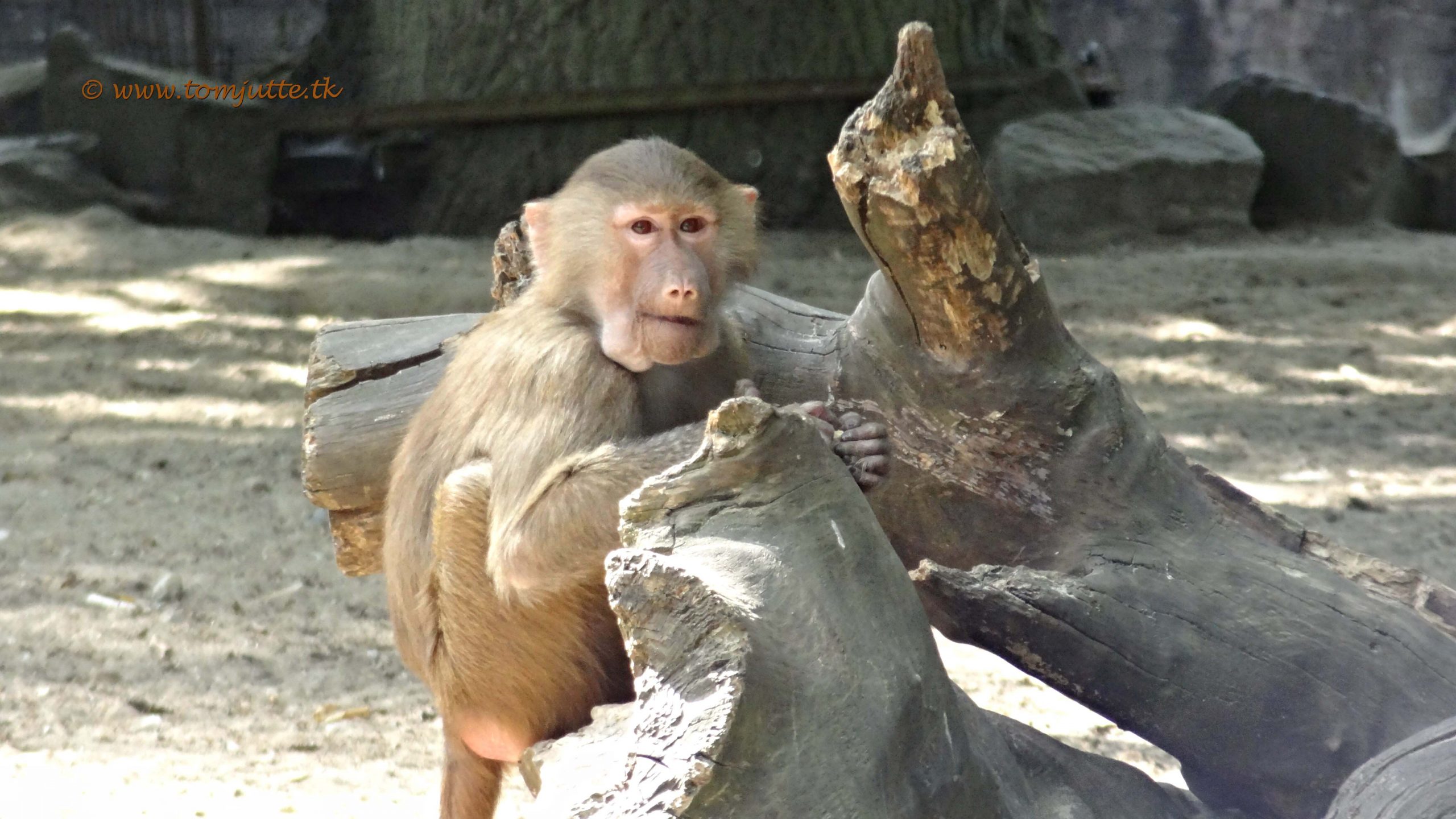
Following a spate of attacks on passersby, Qatar’s public parks department has advised people against keeping baboons as pets, adding the species to a growing list of animals that residents should not attempt to domesticate.
 The department, which is affiliated with the Ministry of Municipality and Urban Planning (MMUP), issued a statement this week warning of an increasing number of attacks by baboons on people, saying the large monkeys transmit contagious diseases like rabies and yellow fever.
The department, which is affiliated with the Ministry of Municipality and Urban Planning (MMUP), issued a statement this week warning of an increasing number of attacks by baboons on people, saying the large monkeys transmit contagious diseases like rabies and yellow fever.
Speaking to Doha News, Mohammed Al Khouri, director of the Public Parks department, explained that many residents buy these baboons as pets when they are only babies.
But after four to five months, the animals turn so vicious that they could attack people and even kill children, he said.
In a statement, the department added:
“The baboons turn from timid, peaceful animals to vicious, troublesome animals that are difficult to keep or control. When they reach puberty, (then they) end up running away.”
Al Khouri advised residents to steer clear of the baboons if they see them and immediately report any incidents to the police.
To the zoo
Baboons are among the largest type of monkeys in the world and can weigh up to 37kg, according to National Geographic. Their diet is varied and can include grass, fruits, bark and meat such as sheep.

The MMUP statement said that baboons are increasingly being taken as pets here due to their low cost, the fact that there are no rules regulating or restricting their ownership in Qatar and how cute the babies appear, making them especially appealing to children.
However, there have been several complaints to police about baboons on the loose, he said.
He added that officers sometimes spend up to nine hours searching for the animals before finding, sedating and sending the monkeys to the zoo, which already has too many baboons to take care of.
Zoo animals continue to live in the old Doha Zoo, which closed in August 2012 for renovations after being criticized for its small size, outdated facilities and treatment of animals.
It is unclear when the animals will be moved to make way for the demolition for a new multi-million dollar safari park that will replace the old zoo. That development was slated to be open to visitors in late 2017.

Last year, Ashghal said that the animals would remain at the former zoo for at least another year, until an animal containment facility is built to house them when construction moves forward.
Meanwhile, the MMUP has called for banning the import of baboons into Qatar and limiting their proliferation by highlighting their dangers to society.
Baboons live in Africa, while some species live in Arab countries like neighboring Saudi Arabia and Yemen, according to the San Diego Zoo.
It is illegal for residents in Qatar to keep wild animals captive. Those who are caught and charged face a maximum of six month in prison and a fine ranging from QR1,000 to QR10,000 under Qatari law, but enforcement of the law remains lax.
Previous incidents
Months ago, the Ministry of Interior also reminded residents about the dangerous repercussions of the “hobby” of keeping large, wild animals as pets.
The MOI noted that while some animals may appear domesticated, they are innately wild and can suddenly “turn” on their owner or another person nearby without warning.

That said, authorities have been trying to curtail the practice of keeping wild animals as pets in Qatar and elsewhere in the Gulf for years, with little success.
For example, in March, a young cheetah was captured by authorities north of Doha, after it apparently fled from its owner.
And late last year, the property manager of the Pearl-Qatar, United Development Co. (UDC), confirmed to Doha News that a lion and a cheetah had been found in separate incidents on the island and removed.
Meanwhile, in Kuwait last year, a Filipina domestic worker died after being attacked by a lion that was kept as a pet in the house in which she was working.
Have you seen any baboons on the loose? Thoughts?







